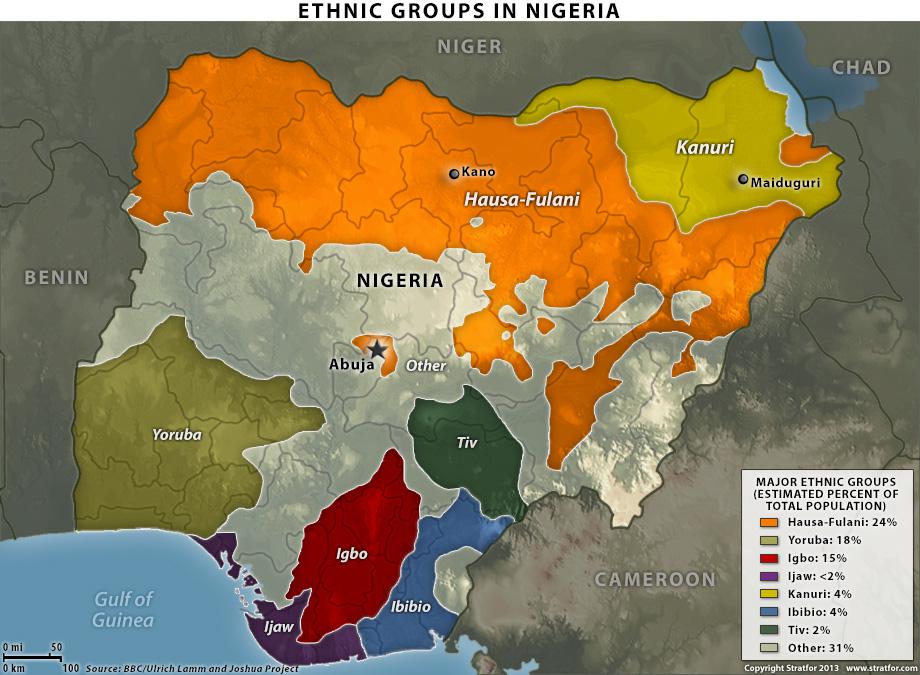Earlier this month, Nigeria ‘recalibrated’ the way it calculates its gross domestic product to more effectively capture the real value of its economy.![]()
It’s a step that many countries in sub-Saharan Africa are taking — including Ghana in 2010 and Kenya this year — as they refine the tools they use to measure GDP growth. Nigeria, for example, hadn’t recalculated its base since 1990. Perplexingly, e-commerce, telecommunications and the country’s growing film industry (‘Nollywood’) hadn’t previously been captured.
Not surprisingly, the recalibration caused Nigeria’s official GDP to leap by nearly 75% to around $510 billion, making it Africa’s largest economy. That shouldn’t come a surprise to anyone, in light of predictions that Nigeria would overtake South Africa sometime by the end of the decade. Nigeria is the epitome of the newly emerging Africa. Lagos, its sprawling port, is now Africa’s largest city, recently surpassing Cairo. Its population, already Africa’s largest at 173.6 million, could surpass the US population within the next three decades or so.
But Nigeria’s newfound status is more the beginning of a journey than its terminus, a journey that will become especially pertinent to global affairs throughout the 21st century as Nigeria’s impact begins to rival that of China’s or India’s.
But today, Nigeria’s GDP per capita, even after the rebasing, is just around $3,000. That’s less than one-half the level of GDP per capita in South Africa, which is around $6,600. Though the stakes of Nigeria’s relative success or failure will become increasingly important to the rest of sub-Saharan Africa and to global emerging markets in the years ahead, there’s no guarantee that Nigeria, 54 years after its independence, won’t succumb to state failure.
Nigeria spent its first decade stuck in a tripartite ethnic struggle that ended in a devastating civil war, followed by bouts of military rule from which it emerged imperfectly in 1999. Lingering security challenges, like those posed by Boko Haram, a Muslim insurgency from Nigeria’s northeast, continue to expose the country’s ethnic tensions and the religious and socioeconomic gap between the relatively prosperous Christian south and the relatively underdeveloped Muslim north. Incipient political institutions plagued by a culture of corruption for decades, with less than fully formed democratic norms, could easily erase the stability gains made since the 1999 return to democracy. Although oil wealth has since the 1960s given Nigeria a financial means to solve its lengthy list of developmental, educational, and environmental problems, the mismanagement of oil revenues have so far transformed the wealth into a classic resources curse.
Existential challenges
Even before independence, British colonial rule divided what is today’s Nigeria into a Northern Protectorate and a Southern Protectorate, and the two parts of today’s Nigeria were governed, nearly until 1960, as discrete units. Continue reading Nigeria emerges as Africa’s largest economy

